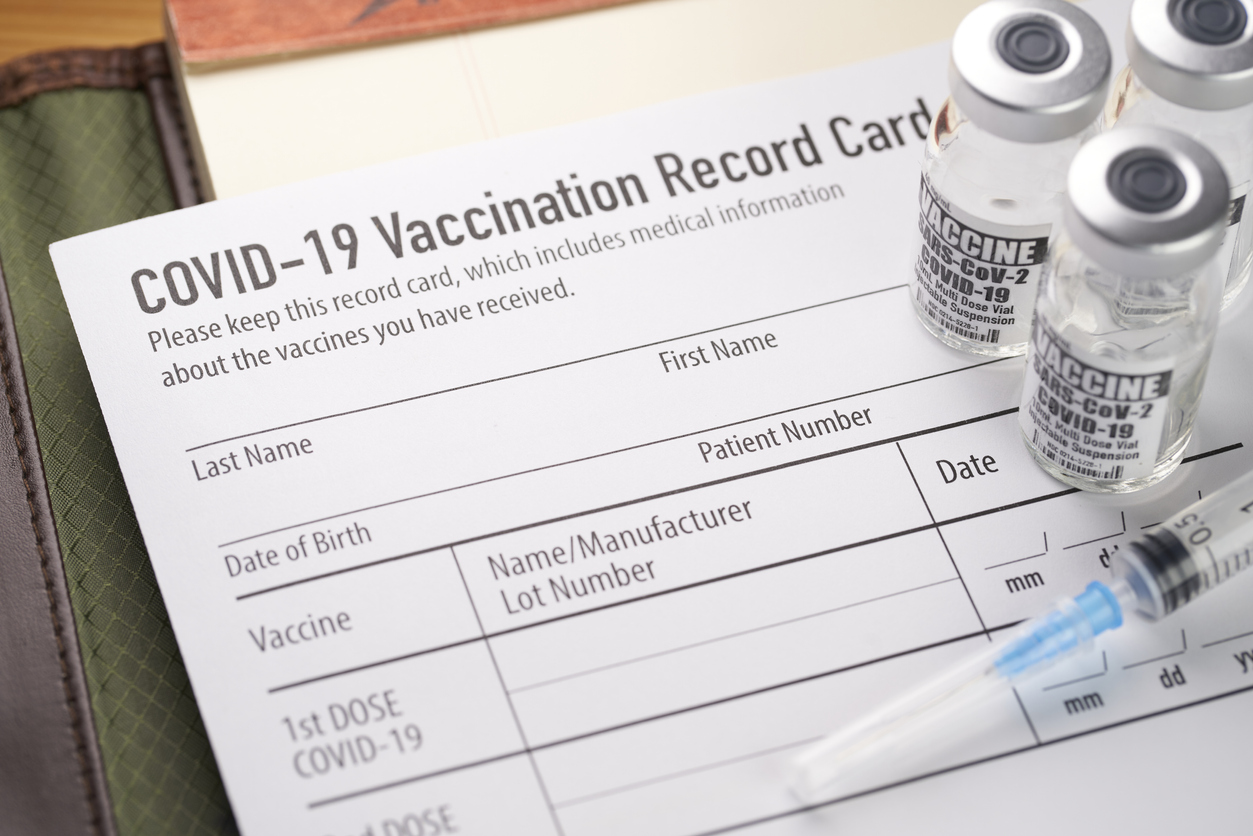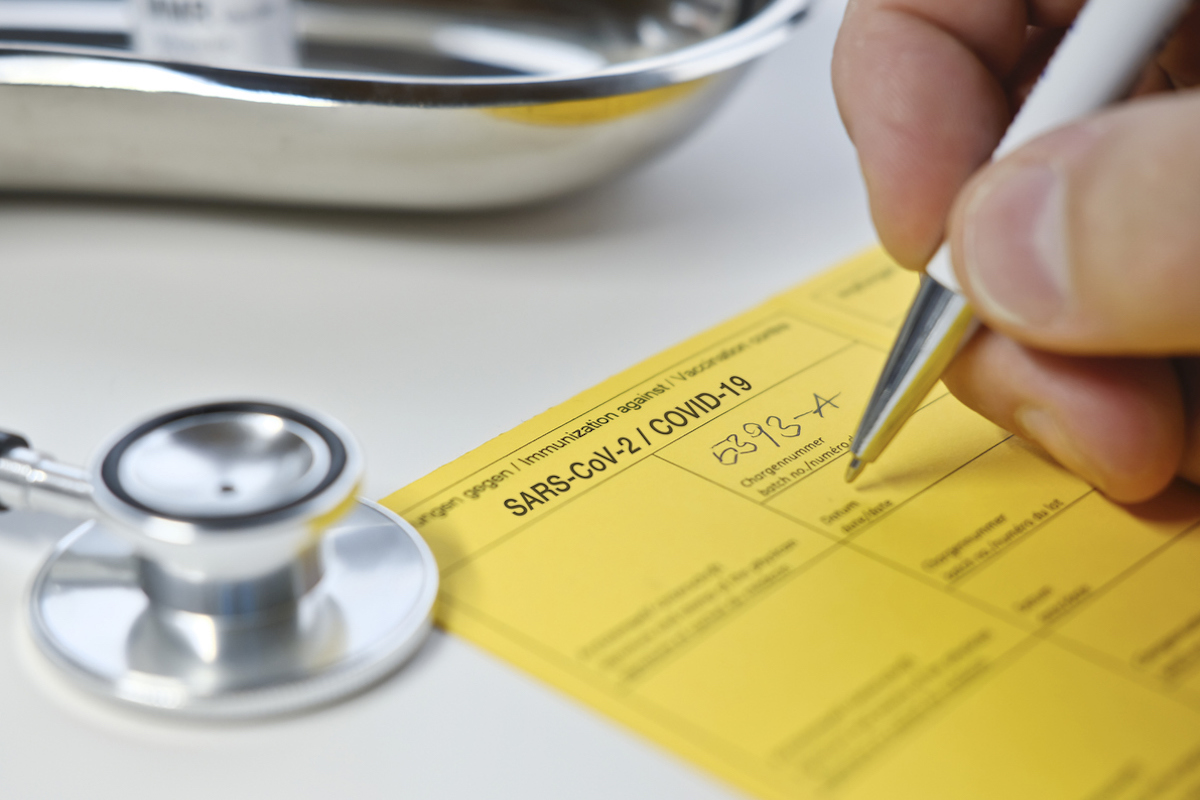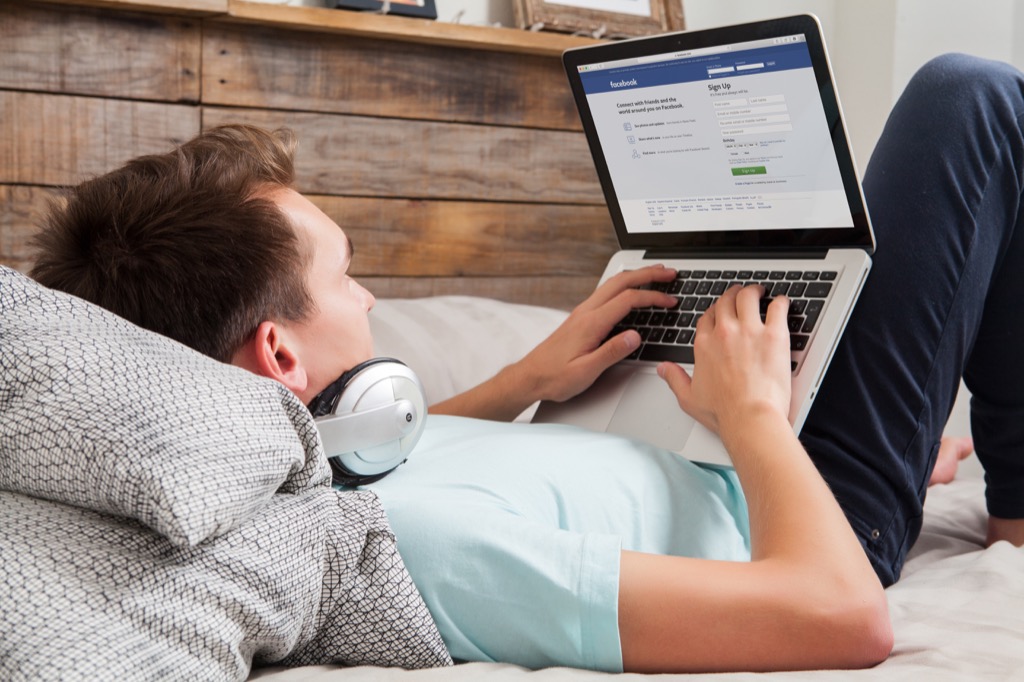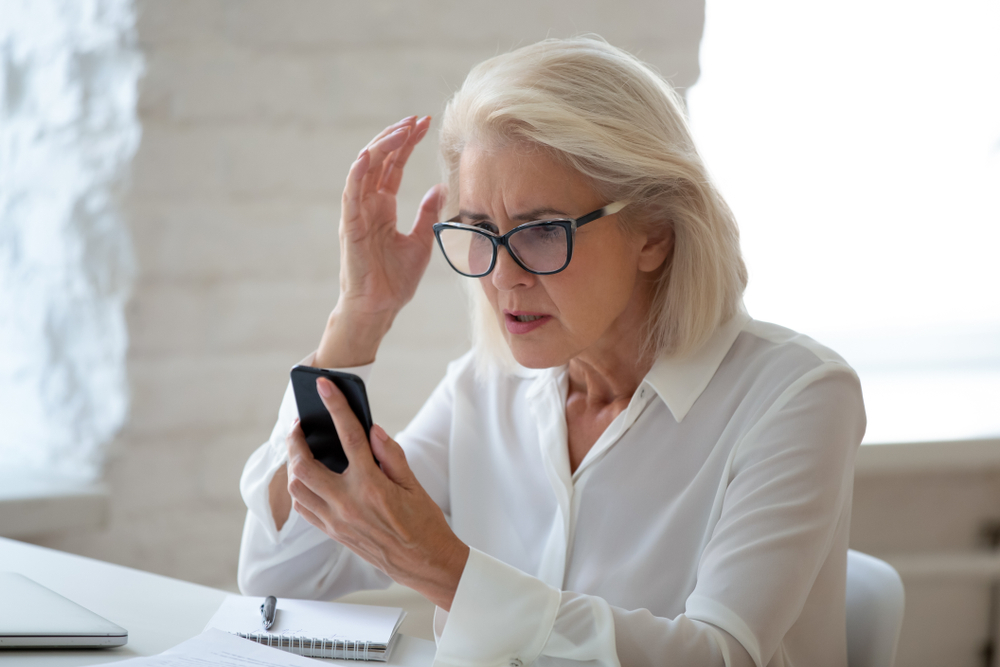As with any other big life moment, the temptation to take a photo of your personalized proof of vaccination and share it with the world can be strong. But according to the Better Business Bureau (BBB), the information provided on your card—which includes your full name, date of birth, and where you received the dose—can make it easier for someone to steal your identity. And it’s not just identity theft you need to be concerned about: The BBB also reports that scammers in the U.K. have been selling counterfeit copies of vaccination cards through social media as well. The agency warns that posting these post-shot selfies could be giving fraudsters in the U.S. and Canada valuable information that can help them pull similar scams in North America. Fortunately, the BBB says there’s still plenty of ways to safely share your immunization event with the world. The agency recommends snapping a picture of your vaccine sticker instead, or using one of Facebook’s profile picture frames to announce to the world that you’ve received your jab. And for more on what you shouldn’t be doing post-inoculation, Dr. Fauci Says Doing This After Getting Vaccinated Is a Huge Mistake. As with all social media, the amount of information you share with the world comes down to the personal safety settings you have set up for your account. The BBB recommends reviewing which posts can be seen by the public or by friends only, and making sure that they’re configured to only be shared with those you want to be seeing them. And for more essential vaccine guidance, If You’re Over 65, You Shouldn’t Get This New Vaccine, Experts Warn. Unfortunately, peeling personal information off of your COVID vaccination card isn’t the only way criminals are taking advantage of a difficult situation. “Scammers are really starting to prey on peoples’ hope to get a vaccine soon and quick,” Sean Herdrick, a communications director at the BBB of Southern Arizona, said in an interview with a local ABC affiliate.ae0fcc31ae342fd3a1346ebb1f342fcb The BBB, U.S. Department of Health and Human Services (HHS), and the FBI have all recently issued warnings that fraudsters are using the promise of access to the coveted doses to steal sensitive personal information through phishing tactics, taking money for placement on phony vaccine waiting lists, and even selling counterfeit vaccine doses online. The agencies recommend that everyone be cautious of any unsolicited contact from anyone claiming to offer COVID-related services, and to contact local authorities if you suspect foul play. And for more vaccine news, Dr. Fauci Says These 2 Side Effects Mean Your COVID Vaccine Is Working.



